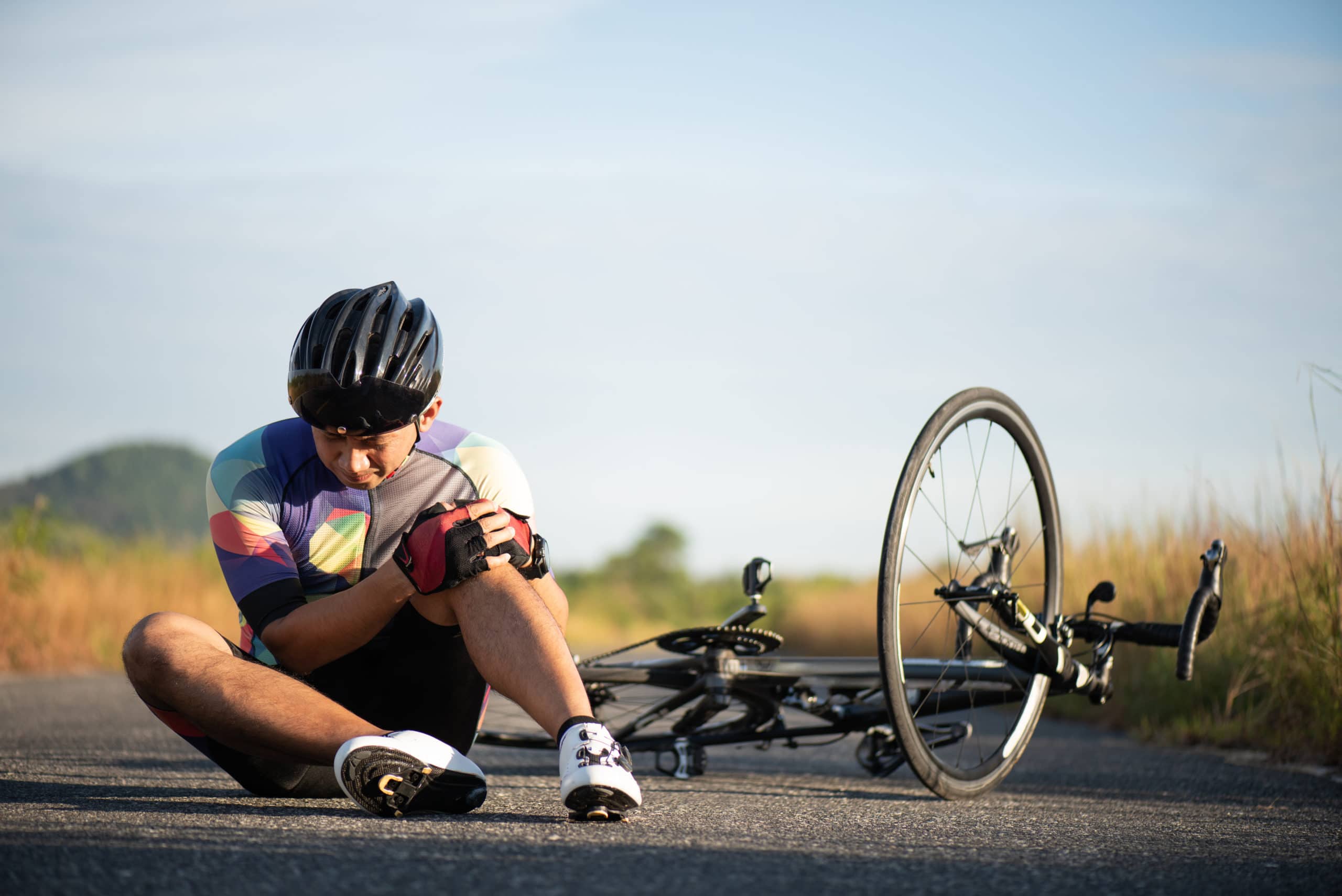Before you can even get off the ground after an unavoidable bike collision, ensure you don’t have any severe injuries. Move swiftly to a safe location away from traffic or out of the path of other riders and start examining if all of your limbs are still connected and intact and you are not seeing three bikes when there is only one.
Checklist to follow after a crash
After a bike accident, follow the below suggestions.
Slow your pace
Doctors for professional cycling teams in Boulder, witness various cycling-related injuries and they observe that riders claiming to be alright, often collapse to the ground as they try to stand. According to physicians, taking your time rising up and walking about after a bike mishap is the best choice you can make for yourself. It’s not necessary to get back on your bike as soon as possible; instead, take your time to examine the harm you have done to yourself or your bike before continuing. You may try finding answers to the following questions:
- Can you take a stroll before you go on the bike?
- Can you swing your arms around?
- Can you see in all directions without experiencing any pain?
Take a moment to evaluate, then choose if you can continue pedaling, you’ll need to stop for assistance.
Take an essential first aid
Check your body before you do anything else, even before you stand up. If all the ligaments are fine, can you sense all your limbs, and is there too much blood on your dress? If you feel seriously hurt, don’t take a chance by moving too much; instead, ask for assistance and go to the hospital. If you can lift your bike without experiencing too much discomfort, your upper body is in good shape, and if you can walk, you can probably ride out of place. All joints should be able to move and support weight, he continued.
Get ready
When planning a trip to the middle of nowhere, you must have everything you’ll need in case of a bike collision. Always have some basic cycling equipment on your hands, such as a multi-tool, spare tube, chain link, mini-pump, and some first aid supplies, such as an Ace wrap and a big bandage, so you can attach gauze to cover a cut.
Reduce your chances so that it won’t send you into a state of fear if you collapse.
What if the injury is caused by an event involving other people?
Make a police call
Both parties must provide their statements to the police for legal and economic reasons. Gather crucial information that you might need later, such as the contact details of the other party and any witnesses, the license plate number of the automobile, etc., before the police come. Take pictures of any damage to your clothes, helmet, bike, or yourself. Note the precise moment of the crash. Do not forget to request a police report.
If the police don’t show up at the spot, go to a police station as quickly as possible to provide a statement while the specifics are still fresh in your memory.
Record what took place
Keep in mind every aspect of the accident, including the weather, road, and traffic conditions, as well as when, where, and how it occurred. As soon as you can, record everything. Create maps or diagrams that depict the location and movement of each participant. Use a mobile phone camera if you or another rider has one to take pictures of the accident site, the victims’ injuries, and the vehicle(s).
Retain evidence
Any ruined clothing should be kept and not washed. Do not get your bike repaired, and keep any damaged components. If you must have it fixed, take pictures of the damage beforehand and acquire a written record.
You should never bargain with insurance companies
When you have all the evidence you need to support your claim, the driver’s insurance provider can contact you and try to settle. Never engage in direct negotiations with an insurance provider.
Final thoughts
Remember, as a biker, you share the same rights and obligations as a driver of cars and other vehicles in Colorado.
Before speaking with an experienced Boulder bicycle accident lawyer, avoid calling your insurance carrier. Anything you say might subsequently be used against you by insurance companies. An attorney may defend you in court if required, deal with insurers on your behalf, and engage a bicycle accident specialist to look into the accident.











